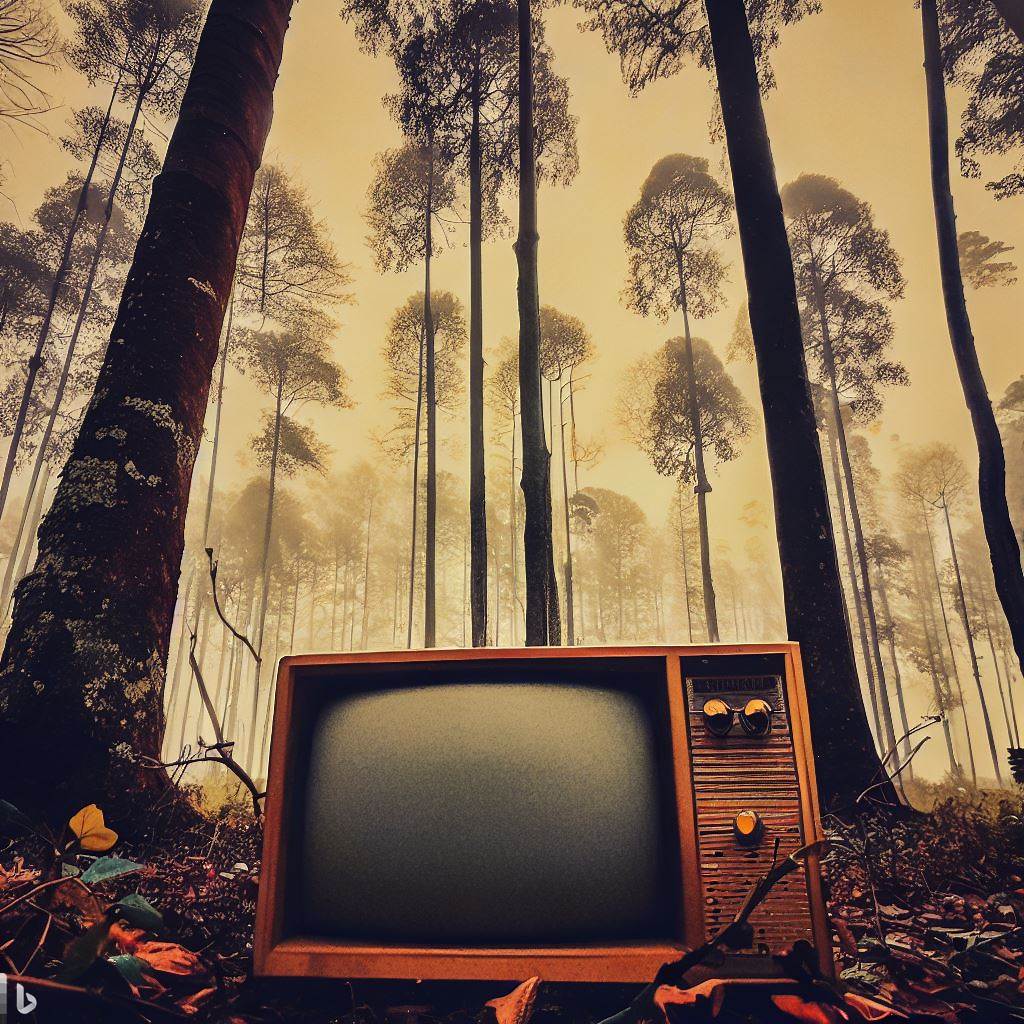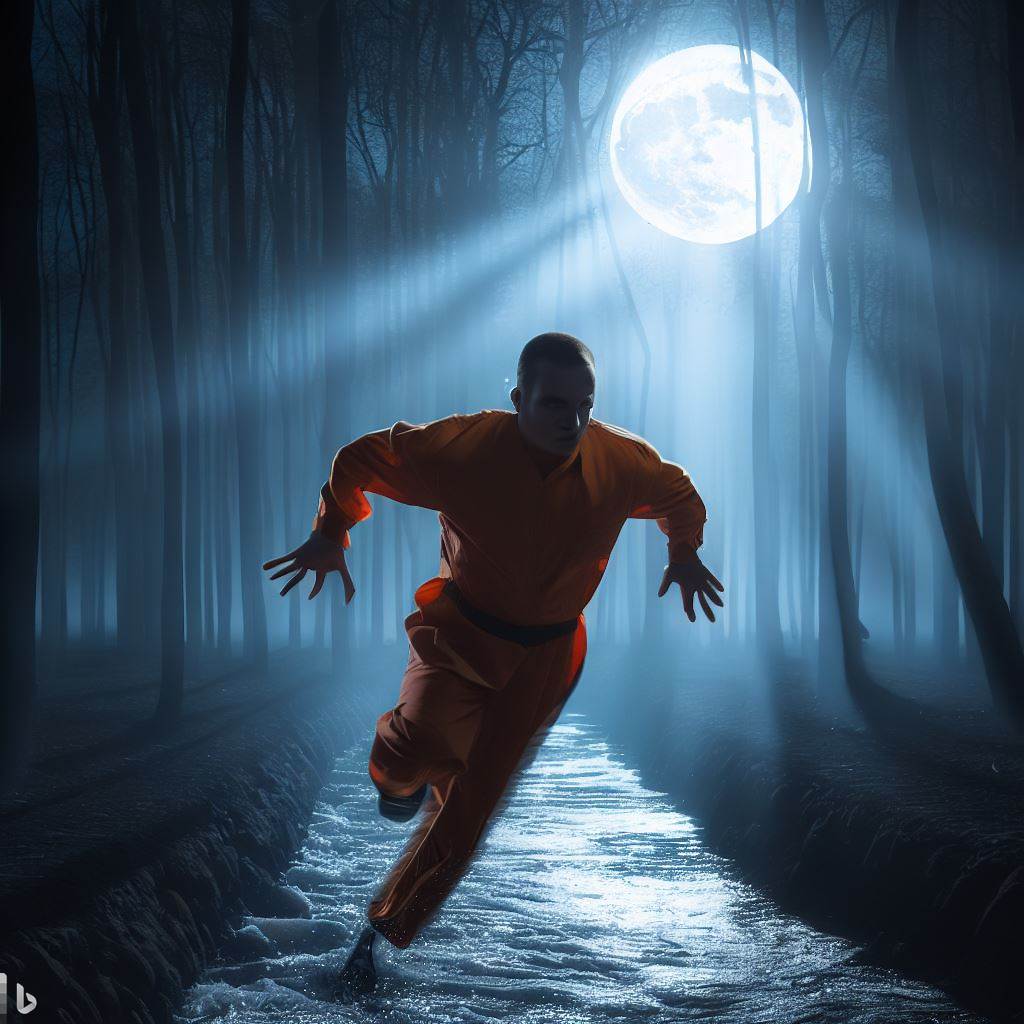
Having grown up watching Doordarshan, a channel that held a special place in my heart as my father, an actor-writer-director-producer, had dealings with Hyderabad Doordarshan, I approached Bhaskar Ghose’s book ‘Doordarshan Days’, with a mix of nostalgia and curiosity. The author’s portrayal of his journey, albeit tinged with criticisms, struck a chord with me due to my personal connection to the world he describes.
Bhaskar Ghose’s memoir offers a multifaceted view of his experiences. While it’s true that he indulges in some cribbing, I appreciate the way he captures the essence of his times with a touch of humor. Growing up with stories of my father’s struggles in the industry, I can empathize with Ghose’s frustrations stemming from the political and bureaucratic challenges he faced. His account of his attempts to revolutionize Indian television resonates with me, as my father also dreamed of pushing creative boundaries within the constraints of the system.
However, I do find myself disagreeing with Ghose’s tendency to view himself as a solitary hero battling against all odds. He might not give enough credit to the collaborative efforts of his colleagues and contemporaries. I understand his desire for recognition, but it’s important to acknowledge the contributions of others, like the successes of shows like Ramanand Sagar’s Ramayan and B.R. Chopra’s Mahabharat, which he tends to downplay or dismiss altogether.
Ghose’s detailed descriptions of individuals he encountered during his journey provide an insightful peek into the inner workings of the industry. While his portrayal might lean towards being critical, it does provide a valuable perspective on the challenges faced by those in power. His interactions with ministers and colleagues, as recounted in the book, give readers a glimpse into the dynamics of the political and bureaucratic landscape of the time.
In the end, while Bhaskar Ghose’s narrative might be colored by his personal perceptions and grievances, I appreciate the effort he has put into sharing his experiences. As someone who has heard stories of the intricacies of television production and bureaucracy from my father, I can understand the complexities he faced. This book serves as a reminder that the history of public broadcasting is shaped by a multitude of factors, and it’s important to consider the perspectives of those who were at the helm, even if their viewpoints are at times contentious.


